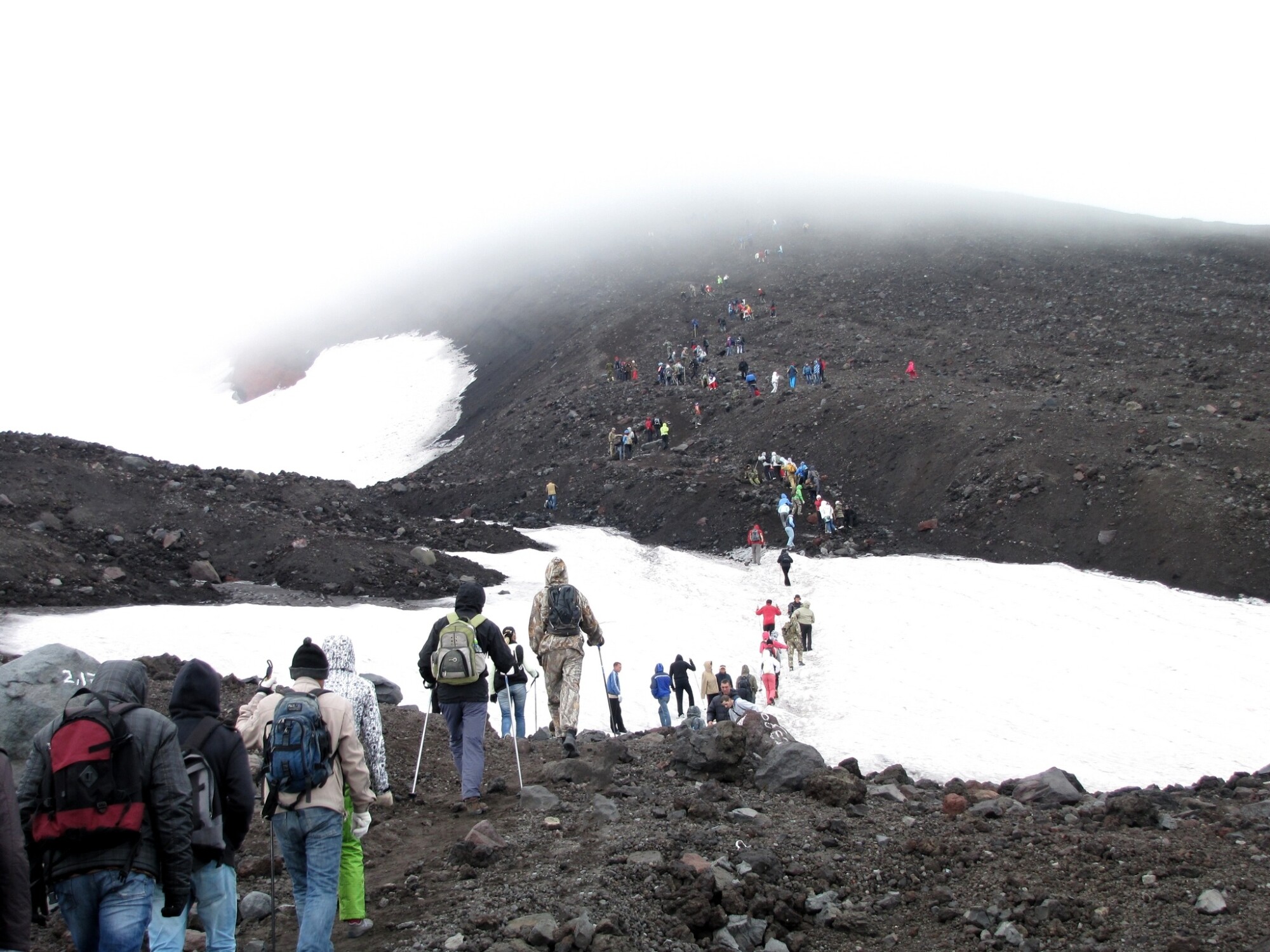 There are many safety hazards to watch out for when mountain climbing including falls, altitude sickness, and more. Mountain climbing isn’t something that you should do without a clear plan.
There are many safety hazards to watch out for when mountain climbing including falls, altitude sickness, and more. Mountain climbing isn’t something that you should do without a clear plan.
If you’re interested in becoming a mountain climber, you need to be sure that you take it slow. You should learn some key mountain climbing skills first and should know how to prepare for a climb.
Fortunately, we’re here to help. In this guide to mountain climbing for beginners, we’ll cover the basics.
Get Into Shape
Even if you’re already fairly active and go hiking regularly, you may not be ready for climbing a mountain. Remember that mountain climbing is a pretty difficult task, so you need to be in the right shape before you try to climb a mountain.
Plan ahead of time and spend plenty of time in the gym increasing your strength and doing some cardio before you go mountain climbing. The better shape that you’re in before attempting to climb a mountain, the better off you’ll be and the safer your climb will be as well.
Look for Training
If you want to be fully prepared for mountain climbing, then you should learn everything that you can before you go.
It’s a good idea to take a training course in mountain climbing, if possible. Getting professional guidance from an experienced mountain climber and doing a short course with them for your first mountain climbing experience can be very beneficial.
You can learn a lot of valuable techniques in a training course and you’ll be well-prepared for future climbs. Techniques you can learn from a course include route planning, weather analysis, rock climbing, logistical issues, and much more.
Do Your Research
If you’re getting ready to take a mountain climbing trip, make sure that you do plenty of research beforehand. Not doing plenty of research before you pick the mountain that you’ll climb as well as after you know your chosen mountain is a mistake. A lack of research can make the climb more difficult than it has to be.
You need to learn everything you can about the specific mountain that you’re planning to climb. Find out all of the details about the climb including how long it will take, what gear you’ll need, and what other people’s experiences have been with it.
Keep in mind that there are a lot of mountains that are well-suited for beginners. While it’s still a difficult climb, you might want to consider climbing Mount Kilimanjaro if you’re looking for a tall peak that is relatively easy to start with.
Pack Your Gear
Before your climb a mountain, you’ll want to create an extensive list of all of the things that you’ll need. You’ll need to pack all of the essential gear for your climb to ensure that you’ll get through every part of it without a hitch.
Ensure that you have warm clothes and layers to wear and be sure that you have high-quality and durable items. You’ll also want to have anything that you’ll need for climbing such as a harness, a helmet, and a rope.
In addition to all of these things, you should make sure that you have all of the basic survival tools and items that you’ll need as well. This includes food and water, lights, a map, a compass, a first-aid kit, a whistle, and radio or a way to communicate.
Prepare Mentally
Many beginner mountain climbers don’t realize that a lot of the sport is mental.
You need to make sure that you have the right mindset when going on a climb to ensure that you’ll get through it with flying colors. Be sure that you are determined and excited about the climb and that you’re ready for whatever setbacks you might face along the way.
During the climb, make sure that you don’t get overwhelmed. Take it one step at a time instead of looking at the distance that you still have left to go.
Know How to Navigate
When getting ready for a mountain climbing experience, you should be sure that you work on your navigational skills and that you get used to using maps.
It’s a good idea to practice navigating before you do a serious climb. You can even practice near your home by planning a course and following it the best that you can with the tools that you have.
Using a map and trying to get from point A to point B can be a useful way to practice your skills and practice using your gear. Be sure to use a GPS, compass, and other navigational tools to get some simple practice in before you attempt the real thing.
Don’t Forget the Weather
When it comes to mountain climbing, remember that the actual climb is only half of the battle.
While the terrain itself can be tough to handle, what can make mountain climbing even harder will be the weather conditions, the temperature, and the strong winds that can get in your way if you’re not prepared.
Remember that you need to have the right gear during mountain climbing. Be sure to take the weather conditions and the climate into consideration carefully when preparing for a climb.
Ensure that you’re wearing gear that will stand up well to the weather you’ll face. Look for clothing and gear that will be weatherproof and resistant to wind, rain, snow, and low temperatures.
Understanding the Basics of Mountain Climbing for Beginners
If you want to be prepared for mountain climbing be sure that you start by learning the basics of mountain climbing for beginners. Be sure to pack essential gear, get used to using maps, and do plenty of research before your next adventure.
Hoping to discover more mountain climbing and adventure advice? Find more useful information by reading over our blog now.


